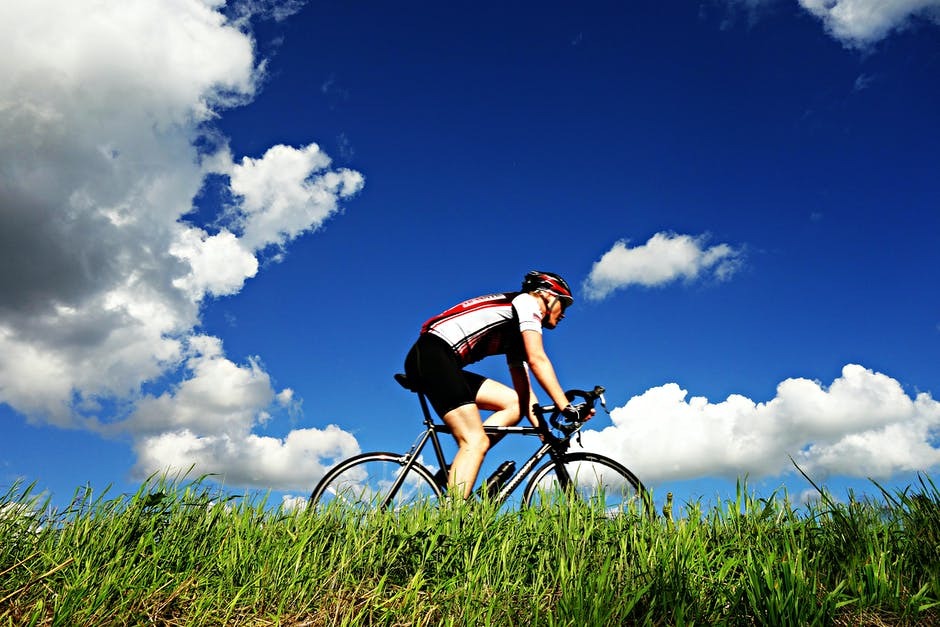You might find it easier to develop specific essential life skills while engaging in activities you enjoy. Hobbies can improve the mind-body connection and be incorporated into various forms of experiential therapy to enhance the rehabilitation experience and decrease overall stress levels. According to Psychosomatic Medicine, “individuals who engaged in more frequent enjoyable leisure activities . . . reported greater [positive affect], life satisfaction, life engagement, social support as well as lower depression.” Exploring new hobbies or returning to ones you previously enjoyed can help you improve social skills, communication, and mental health. Healthy activities can also improve treatment outcomes. At Newport Beach Recovery Center, we encourage clients to focus on recovery while finding ways to relax and break up focused therapy sessions with healthy recreational activities.
Identifying Healthy and Enjoyable Hobbies
Many people in recovery have had their lives revolve around substance misuse for so long that they may have isolated themselves from others and stopped doing things they previously enjoyed. Some individuals go for months or years without having meaningful, engaging social relationships, and they may only engage in maladaptive recreational activities that support substance misuse. Relearning your interests can take time. Making a list of activities you used to enjoy is an excellent place to start.
A few of the most common hobbies include:
- Crafting
- Gardening
- Outdoor activities
- Sports
- Gaming
- Reading or writing
- Music
Not all hobbies are ideal for individuals in recovery. For example, if the things you used to enjoy involve people or places heavily associated with your substance misuse, you may want to explore alternatives. Finding new hobbies can be fun and increase self-awareness, self-confidence, and self-efficacy. During treatment at a rehabilitation facility, you can look into what recreational activities they offer and try several out to see if any of them help you relax and engage in the moment.
Hobbies and Recreational Therapy
Recreational therapy is a form of experiential therapy that uses activities like hobbies to help you learn and practice essential life skills, including:
- Verbal and nonverbal communication
- Problem-solving and conflict management
- Increased stress tolerance
According to the National Cancer Institute (NCI), some recreational activities are more valuable than others during recreational therapy: “These activities include arts and crafts, music, spending time with animals, sports, and drama.” You can work with your therapist to determine if any of your current interests will be a good fit for recreational therapy.
You can benefit from hobbies even if you do not follow a structured therapy plan. However, the added focus provided by standard methods of therapy can have many advantages, including:
- Lower levels of stress
- Fewer symptoms related to anxiety and depression
- Increased social skills
- Improved physical health and motor function
The Health Benefits of Relaxing Hobbies
Relaxing hobbies can significantly improve treatment outcomes for individuals with co-occurring mental health disorders. The psychological and physical health benefits of relaxing pursuits include:
- Increased positivity and mood stability
- Decreased stress and anxiety
- Lower blood pressure
- Hobbies involving physical activities can reduce the risk of heart disease
- Stronger mind-body connection
- Increased self-awareness, self-confidence, and self-esteem
- Improved general well-being
- Healthier relationships and social interactions
3 Common Hobbies You Can Do During Treatment
Hobbies like drama and sports usually require a particular setting or equipment. However, participating in easy, inexpensive, and accessible hobbies during treatment and aftercare can benefit you. Below are three popular hobbies that provide significant health benefits.
#1. Reading, Writing, and Art
Reading, writing, art, and related hobbies can be ideal for individuals in treatment because they can be done almost anywhere with inexpensive tools. In addition, many research studies have proven the effectiveness of reading, writing, and art in improving mental health during treatment for substance use disorder.
#2. Simple Crafts, Including Paper Crafts
Partial hospitalization (PHP), intensive outpatient (IOP), and outpatient programs provide more structured schedules and settings that lend themselves to hobbies that do not require much time or space. Paper crafts and other handcraft hobbies are easy to master and take little effort. The necessary materials are often inexpensive and easy to store, and it takes no skill to start learning. Many people use mindfulness-based techniques to relax and focus the mind during simple crafts.
#3. Outdoor Activities and Exercise
Outdoor activities are prevalent in treatment facilities because science has proven that physical health directly affects mental health. In addition, many people who have misused substances for an extended period may need help establishing routines like weekly exercises to recover from the physical side effects of SUD.
Joining a local club or group that regularly meets to do various outdoor activities is an excellent way to improve social skills and practice healthy coping skills while keeping your body in shape. You can find local groups by doing the following:
- Searching online group directories
- Checking your city website or newsletter
- Reaching out to the local recreational centers
There are countless ways to engage in healthy hobbies while in treatment and recovery that will benefit your physical and mental health. The first step is thinking about the activities that have brought you joy in the past and focusing on those that fit into your journey to sobriety.
You can improve your mental and physical health by regularly participating in hobbies. In addition to improving your general well-being, they can allow you to make healthy social connections with others who share your interests. Various therapeutic approaches, including psychodrama and recreational therapy, incorporate relaxing recreational activities into treatment. You can use your hobbies during rehabilitation to decrease stress and unwind between therapy sessions. In addition, you can benefit from having something low-stress to focus on during continuing care and long-term recovery. Many people use hobbies to connect with others, strengthen personal relationships, and improve coping skills. At Newport Beach Recovery Center, we use adventure therapy and recreational therapy to help clients develop skills that will decrease the risk of relapse. We encourage clients to participate in hobbies that fit within the treatment program. Learn more about our facility and services by calling us today at (888) 850-0363.



